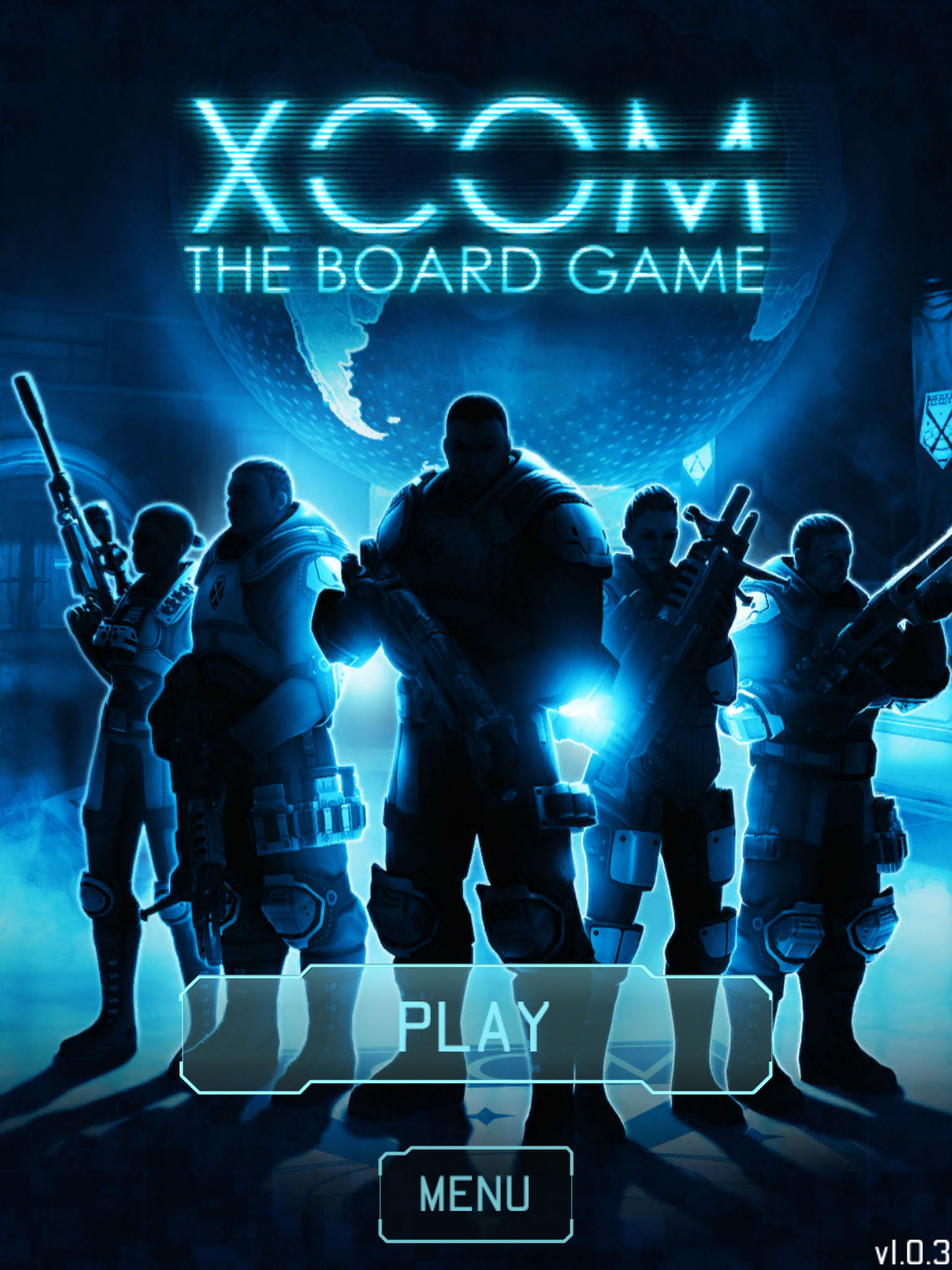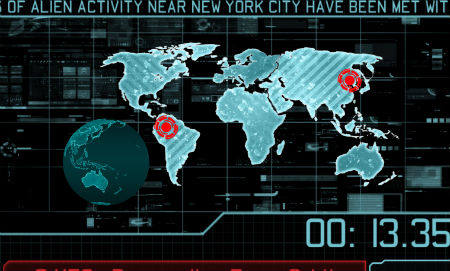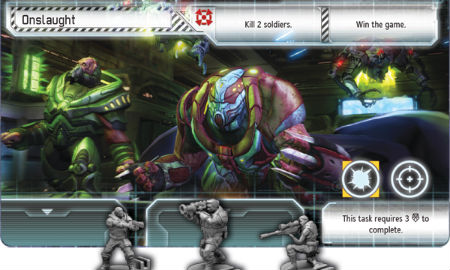
There are all sorts of popular mobile game franchises that have spawned tabletop versions. XCOM: The Board Game is different for two reasons.
First, it uses a mobile app to guide the game, making it an unusual hybrid of video and tabletop. Second, unlike almost all its peers, it's pretty good.
The original game was so compelling thanks to a pitch-perfect blend of strategy, tactics and role-playing. Fans will appreciate there's no way a tabletop version could replicate that magic formula.
Instead this game focuses on the strategic elements, asking players to co-operate to win or lose together against an alien invasion guided by the companion app.
App-tasticXCOM: TBG ships without any rules in the box. Instead there's a setup leaflet and a note to refer to the tutorial in the app. In tabletop game terms, this is tantamount to heresy. But after learning many complex board games from badly-written rules, it felt like a breath of fresh air to me. And as a statement of intent: this game goes about things in a different way.
As it turns out the tutorial isn't all that great, requiring you to read a lot of text. And it transpires that this is a pretty complicated beast. Experienced tabletop players will lap it up. But video gamers coming here on the basis of the license may find it confusing and disappointing.

Stick with it, and it will teach you how to play the game. And it illustrates how central the app is to the whole experience.
Each turn starts with a timed phase. At this point the app barks out instructions, but only gives the players a limited time to decide how they're going to respond. If it tells you there's a crisis, for example, you draw two cards from the crisis deck and have only a few second to decide which one is least damaging and add it to the stack.
Appointment with FearEvery choice the players have to make during this phase gets scrunched down into a similarly small timebox. It's fraught beyond belief, as everyone shouts over each other, trying to get the information they need to plan good strategy before the stopwatch runs to zero.
The app also tells you when to add flying saucers to the board, and where. In a neat touch, the player controlling the app can choose to spend precious seconds scanning the radar. This provides hints as to where the next saucers will land, vital information for your decisions. But the question of whether you can afford the time is a constant terror.

All sorts of stuff gets set up during this timed phase. In addition to crises and saucers, you'll get to choose missions, research technologies and assign soldiers to defend the base. All in tiny slices of allocated time.
Again, the app is essential to how this works. While things normally happen in a fixed order, the app adds a degree of random shuffling depending on how many saucers are in orbit, making it harder to plan. Once it's over, the players will probably be nervous wrecks.
After the appAlthough there's nowhere near so much stress once the timers end, your job now is to resolve all the actions you set up in the pressure cooker environment of the previous phase.
You do this with a neat mechanic of rolling a success dice for each operative you assigned to the task, plus an alien dice. You can keep rolling your success dice as many times as you like, but each time it adds one to the risk factor of the task. If the alien dice rolls equal or lower than the risk, everything goes to pot. Soldiers die, interceptors crash, scientists get burnt out and have to retire.

This is a fantastic mechanic, a simple way of resolving the way the original video game encourages a constant judgment of risk and reward. To win, you're going to have to take risks. But take them at the wrong time, or push the odds too far, and it'll blow up in your face. It's a difficult balance get right, but it's always thrilling to try.
However, while this version captures a some of what make the video game special, it falls apart when it comes to the detail. Missions, for instance, were the bread and butter of the video version. Here, they're an afterthought, just a bunch of symbols to match with solider skills and roll dice against.
There's no narrative to the missions. And the sense of gradually nurturing and upgrading a group of soldiers, making a personal connection as you slog through tasks together, is absent.
Appropriate afterthoughtsThat makes bits of the game feel tacked on, and a bit pointless. And again, video gamers who are here looking for XCOM might not find the sort of experience they were expecting.
As a strategic, co-operative board game XCOM is a success. It makes great use of technology to build a pressure cooker for the players. That environment makes it difficult for one player to boss the rest around, a common problem with co-operative games.

The focus on making tough decisions quickly means there's plenty of meaty strategy to consider. Plus, the push-your-luck resolution mechanic and a wide variety of enemies and technologies ensures there's lots of excitement and replay value.
It's just not quite XCOM. And perhaps less forgivably, it's not quite the gateway tabletop game from the related video gaming hobby that some might have been hoping for.
XCOM: The Board Game

